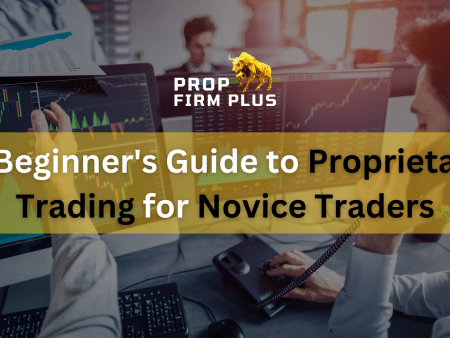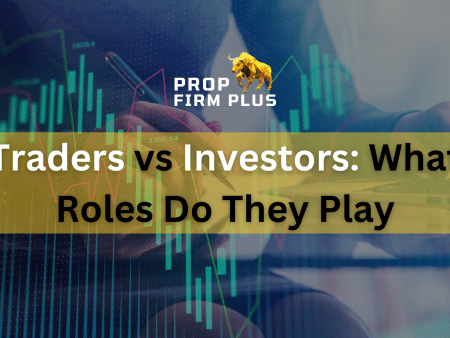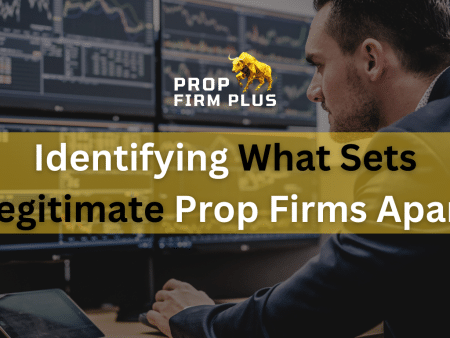
Agreements whose value is based on a financial index are called index futures. They are essentially contracts to trade an index’s value at a later date, indicating predictions about the index’s expected future price direction. Index futures are available to individual investors, although they were initially designed for institutional investors. These contracts let traders make predictions about the direction of prices for indexes like the Dow Jones Industrial Average (DJIA) and the S&P 500. Fractional index futures, which trade at a discount to those sold to institutional investors, such as the Chicago Mercantile Exchange’s (CME) E-mini S&P 500, are among the most popular futures. Index futures are another tool used by investors to protect their stock investments against future losses.
Exploring Index Futures
A group of assets, including currencies, commodities, and stocks, are tracked by an index. A derivative known as a futures contract requires traders to purchase or sell the underlying asset at a fixed price on a pre-arranged day. Combining these terms, an index future is a binding legal agreement that requires traders to purchase or sell a contract that is based on an index of the stock market by a given date at a fixed price.
Similar to other futures contracts, index futures, commonly known as stock or equity market index futures, operate in the same way. They provide investors the authority and responsibility to deliver the cash value of the contract, which is based on an underlying index, at a certain price on a given date. The trader is required to provide the cash value on expiry unless the contract is unwound by an offsetting deal prior to expiration. This is different from other kinds of futures, such as commodities, where the obligation to deliver the underlying asset, rather than cash, may exist after expiration.
Index futures are a tool used by traders to speculate or hedge against potential fluctuations in the underlying equities index’s price. The S&P 500, for instance, keeps track of the stock values of 500 of the biggest American corporations. To hedge or speculate on the index’s gains or losses, an investor might trade S&P 500 index futures.
Index Futures Classification
Index futures are a popular type of contract that allow investors to hedge their bets on individual indexes. The most popular index futures are based on equities, such as the S&P 500, Dow Jones Industrial Average, Nasdaq 100 Index, E-mini Dow, E-mini Nasdaq-100, and smaller variants. Outside the U.S., futures are available for the DAX Stock Index, comprising 30 major German companies, and the Swiss Market Index, both trading on the Eurex. In Hong Kong, Hang Seng Index futures allow traders to speculate on that market’s major index.
Although conventional futures contracts derive their value from fluctuations in financial instrument prices, there are also index event futures that depend on expectations for a specific index. These contracts have a binary outcome, culminating at a predetermined value and resolving at zero if the anticipated event fails to occur. The CME began offering events futures in 2022 with daily expiries, expanding them to include quarterly and annual expirations in 2024.
Margin and Index Futures
When making a deal, the buyer of a futures contract is not required to deposit the whole contract amount. Rather, purchasers are only required to retain a portion of the agreed-upon sum in their account. We refer to this as the starting margin.
Prices for index futures are subject to large swings until the end of the contract. Because of this, traders need to have the maintenance margin—the amount of money in their accounts sufficient to cover a possible loss—in place. This establishes the minimal quantity of money an account has to have in order to cover future demands. Although some brokerages want more, the Financial Industry Regulatory Authority mandates that the minimum account balance be at least 25% of the entire deal amount.
The broker may ask for additional money to be deposited into the account if the trade’s value increases prior to its expiration. We refer to this as a margin call.
It’s crucial to remember that contracts for index futures between a buyer and a seller are legally enforceable. Options are not the same as futures since futures include an obligation. On the other hand, an option is a right that the holder may or may not use.
Advantages and Limitations of Index Futures Trading
| Pros | Cons |
| Index futures can protect against drops in comparable assets | Hedges that are too or improperly positioned will reduce portfolio gains |
| Only a small portion of the contract’s value must be maintained as margin for brokerage accounts | In order to maintain the account’s margin amount, brokers may request extra cash |
| Index futures provide an opportunity to speculate on shifts in the index’s value | Index futures trading involves a lot of risk |
| Aids companies in being ready for future shifts in the larger market that might have an impact on their bottom line | The index could move in the other direction due to unforeseen circumstances |
Index Futures Trading Examples
Suppose you choose to trade the S&P 500 index. The price of the E-mini S&P 500 futures is $50 times the index value. Thus, if you were to purchase a futures contract at 5,000 points in the market, the contract value would be $250,000 ($50 x 5,000).
Index futures simply need you to keep a modest portion of your brokerage account balance because investors do not have to put up the entire 100%.
- Case 1: S&P 500 Index drops to 4,900 points. The current value of the futures contract is $245,000 ($50 x 4,900). Five thousand dollars is lost.
- Case 2: S&P 500 Index increases to 5,100 points. The current value of the futures contract is $255,000 ($50 x 5,100). A $5,000 profit is yours.
Conclusion
Index futures contracts give investors the ability to trade different indices according to their forecasts for the index’s overall price movement. Due to margin requirements in futures contracts, investors are allowed to trade far more than their real available cash. Make sure you understand how futures operate and that you can handle the volatility and potential losses they entail before you trade them. Even though futures trading has grown significantly over the last ten or so years, novice traders still frequently lose money when they trade it.










